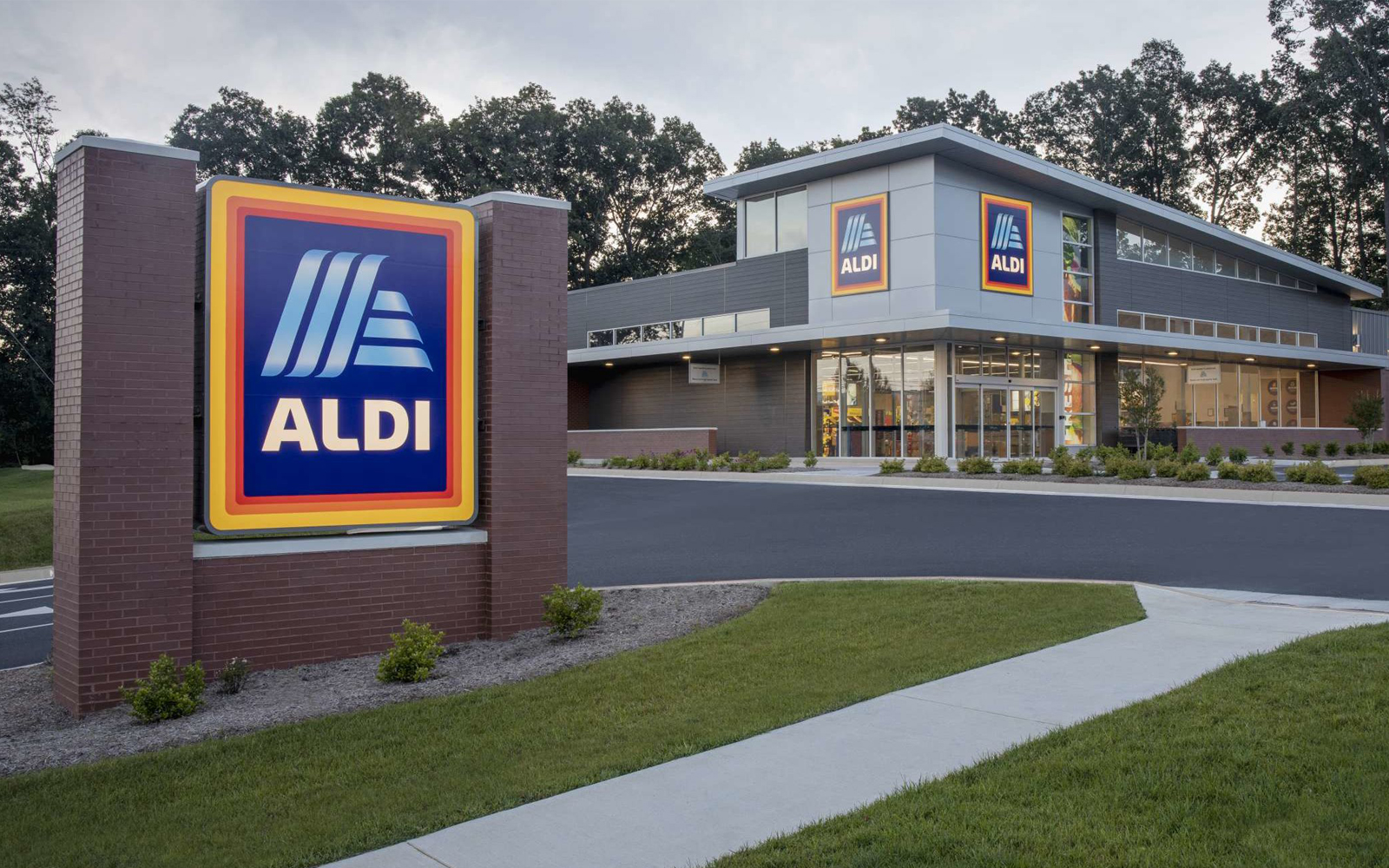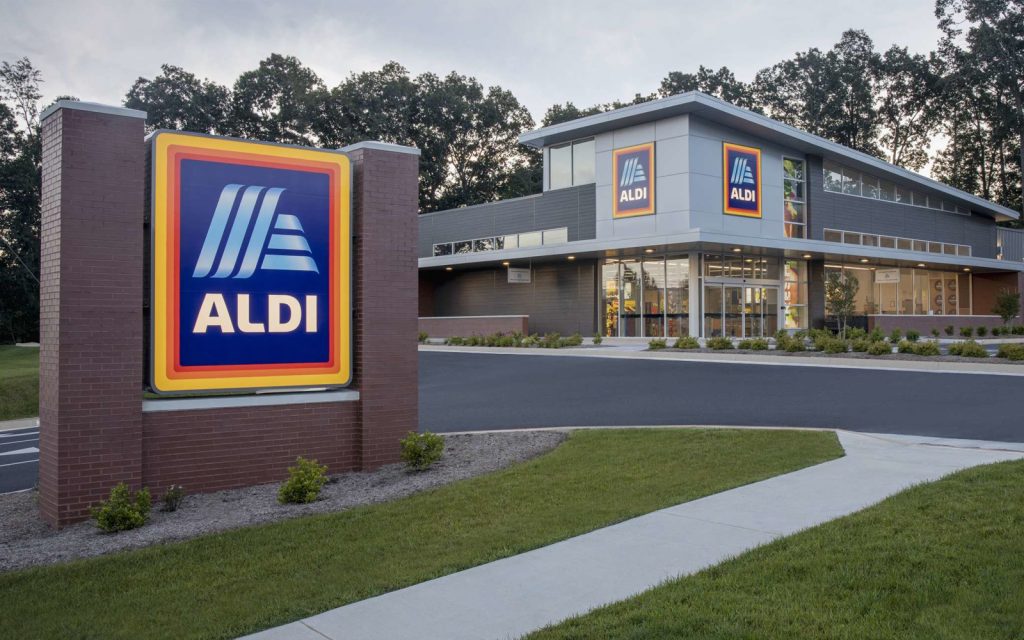
Aldi’s market share has slipped from its position a year ago as shoppers return to traditional supermarkets for groceries. The latest data from NIQ reveals that in the 12 weeks ending on April 20th, sales at the discount retailer increased by only 1.3%, while Sainsbury’s saw a 6.6% growth and Tesco experienced a 5.8% increase in sales.
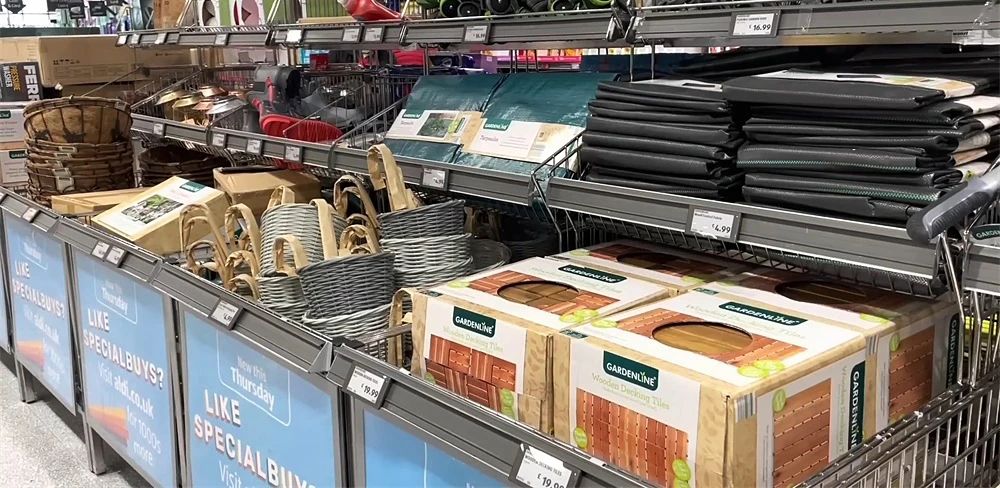
As a result, Aldi’s share in the grocery sector dropped from 10.8% to 10.4%. Meanwhile, competitor discount store Lidl saw a remarkable surge in sales by 9.5% over the three months, pushing its market share to 8.2%. NIQ indicates that additional investment in media activities by the retailer contributed to the sales growth, emphasizing new ranges and seasonal events to drive store visits.
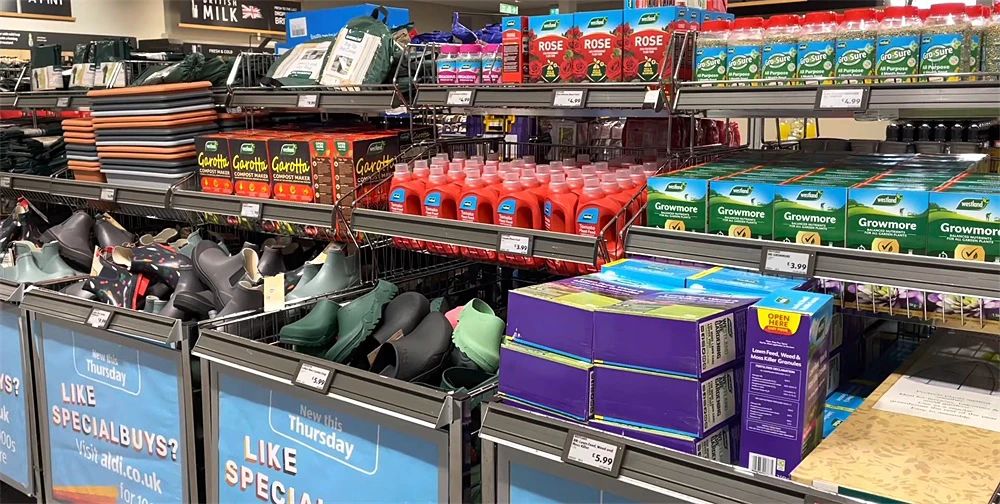
Recent research also highlights Ocado confirming its status as the fastest-growing retailer, with sales soaring by 12% over the past 12 weeks. Mike Watkins, Director of Retailer and Business Insights at NIQ UK, commented, “Early Easter brought forward some spending into March, impacting weekly growth in April. This, in turn, exaggerates the slowdown we’ve already seen.”

However, as of April 20th, major supermarkets saw a growth week of +2.6%, possibly indicating that the current inflation rate remains at low single-digit growth levels. Watkins added that promotional activities would continue to increase as convincing many shoppers to spend remains necessary, even with low food inflation.

“Shoppers continue to compare prices and seek the best deals. However, there remains a question mark over spending on fashion, technology, and homeware as disposable incomes increase,” he said. This implies that for food retailers, much depends on improvements in weather over the coming weeks to sustain sales growth as the comparison becomes tougher.
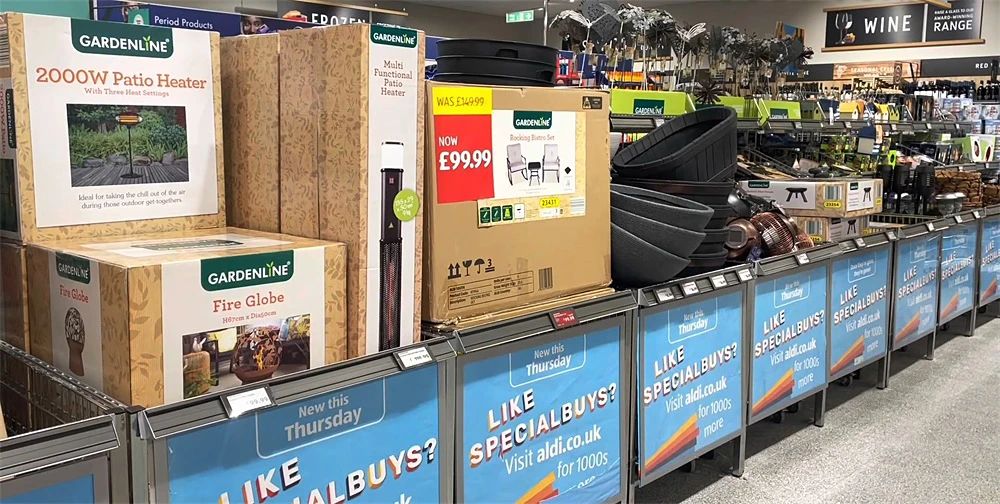
Watkins concluded, “It’s increasingly challenging compared to now, as much depends on future weeks’ weather.”


